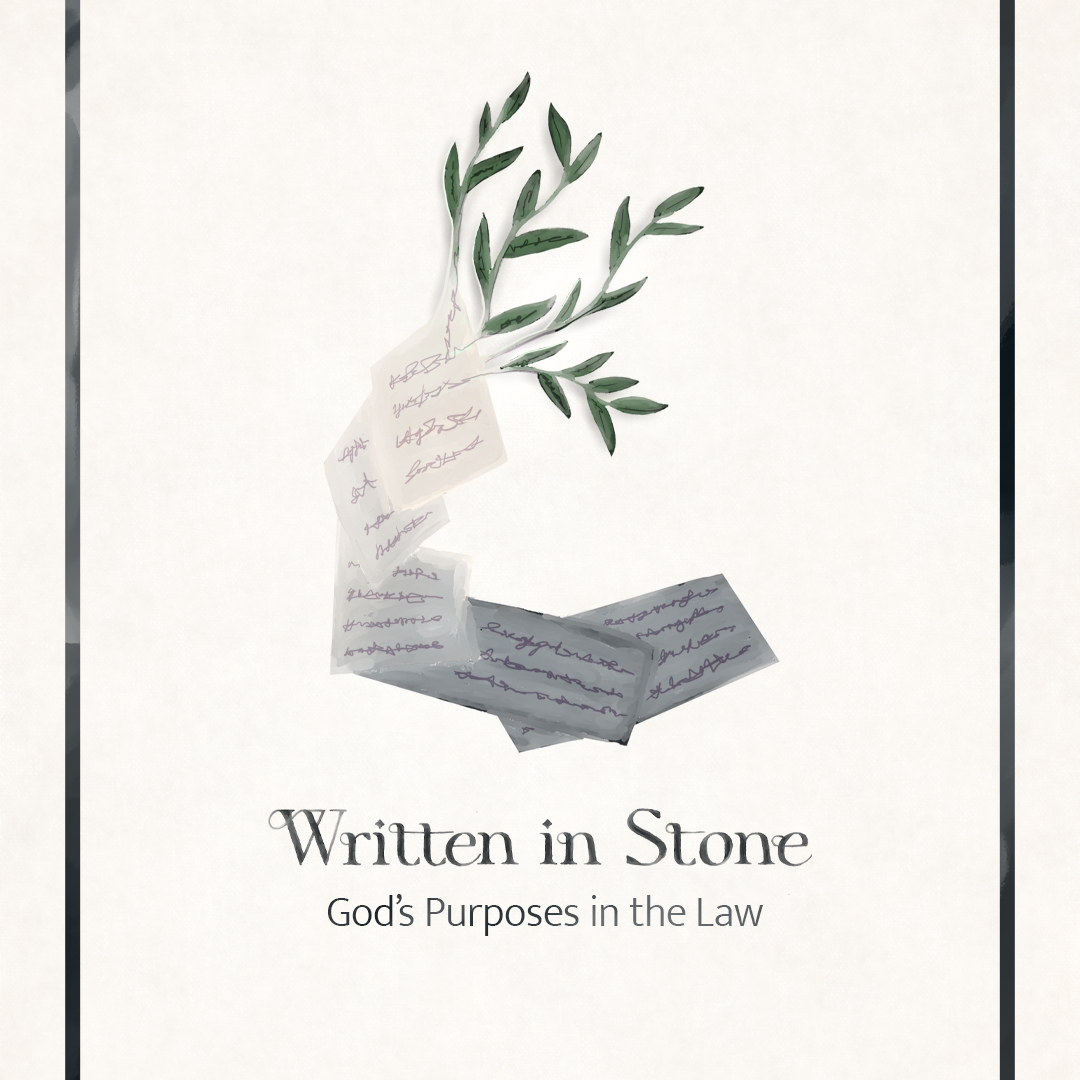
Like the Israelites of old, following their liberation from slavery in Egypt, we are about to embark on a long journey. A journey through the Old Testament Law – the Law of Moses – contained in the books of Exodus, Leviticus, Numbers, and Deuteronomy.
To understand God’s law is to understand God himself, for they are a reflection of his nature, values, and character. The Bible says that these are the things to which Christians are presently being conformed! Psalm 111:2 says, “Great are the works of the LORD, they are studied by all who delight in them.” And so we are going to study them!
Also, Proverbs 25:11 speaks of “apples of gold in settings of silver.” A silver setting is meant to accentuate and showcase what is gold. Likewise, one could say that the silver of the old covenant is designed to highlight the “gold” of the new covenant. Like those two precious metals, both are glorious, but the latter is more glorious.
Hardly a Sunday morning goes by that we don’t reference one or more of God’s laws. God is a moral Being, and his laws are what differentiate good from evil, and what is loving from that which is not loving. So whenever someone claims that, “You can’t legislate morality,” they are grossly mistaken regarding the very nature of law itself. All laws are inherently moral in nature, because they are inextricably bound to moral values. For example, why do we have speed limit laws? Because we deem human life to be valuable and worth protecting.
All of God’s laws are loving, and given for our well-being. Unfortunately, the Law of Moses often gets a bad rap when it is erroneously contrasted with God’s grace. Grace is not the antithesis of law, because both grace and law call for obedience. The contrast that the Bible speaks of, is between obedience that is from faith, versus obedience that is from works (or human, self-righteous effort). Or put more simply, we do not obey God’s laws to become righteous, but because we already are righteous.
Many people today are asking, “What is the role of God’s law in the life of the believer, and what is its role in society and in human government?” To answer those questions, we are going to take 24 weeks to examine both the history and substance of the old covenant, and then follow it up with a series on the new covenant as explained in the book of Galatians.
It’s going to be intensely practical, getting to the very heart of our struggles, identity, security, and freedom as Christians. And we’re going to get to know our God – the God of the Bible – better.
Romans 15:4 says, “For whatever was written in former days was written for our instruction, that through endurance and through the encouragement of the Scriptures we might have hope.” Pray that God will use this series to produce in us: endurance, encouragement, and hope!










